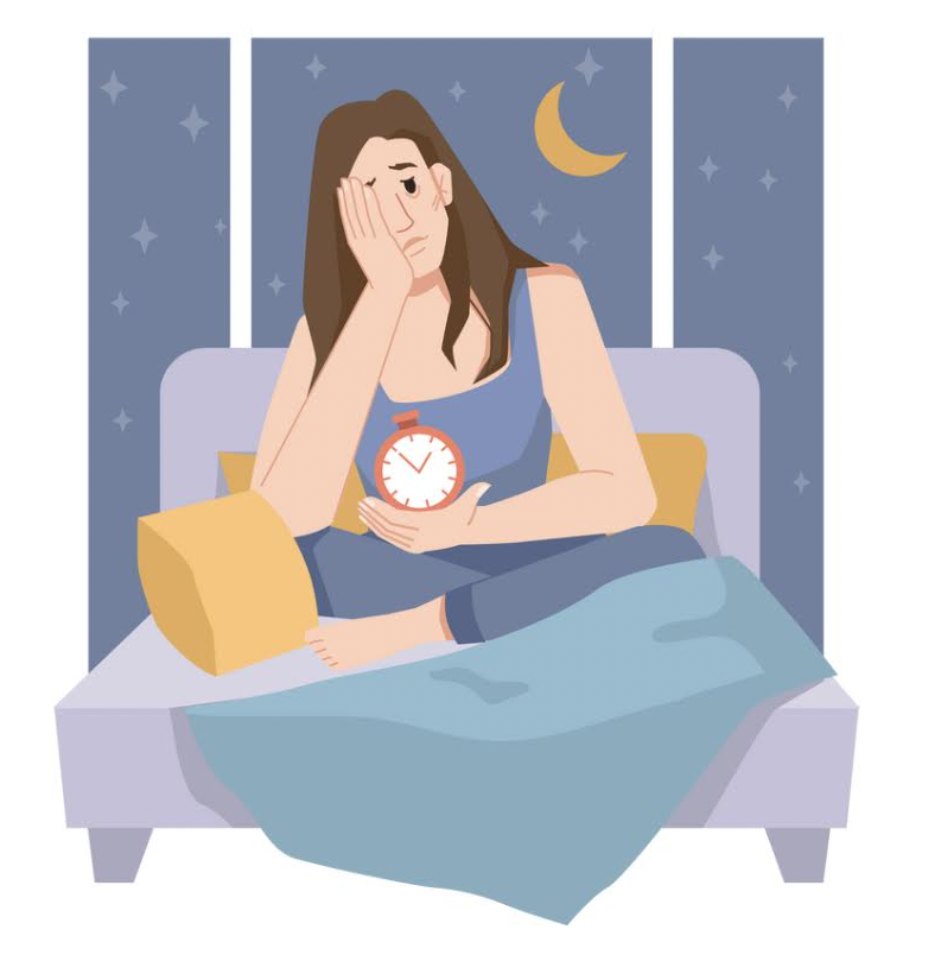Oral Minoxidil and Insomnia: Does Oral Minoxidil Use Increase the Chance of Sleep Disturbance?
0.2 to 7% of Oral Minoxidil Users Report Sleep Problems
Low Dose Oral Minoxidil (LDOM) refers to use of doses 0.25 to 5 mg for the purposes of hair growth. LDOM has been used in the treatment of androgenetic alopecia, alopecia areata, chronic telogen effluvium, traction alopecia, chemotherapy induced alopecia and loose anagen syndrome.
Insomnia may be a side effect of low dose oral minoxidil. The exact incidence is not clear and past studies suggest it ranges from 1 in 500 (very rare) to 1 in 14 (pretty common). Studies in insomnia are challenging given that 1 out of every 3 -5 people have sleeping problems in general (unrelated to any drug).
Insomnia May be a Possible Side Effect of LDOM
Recent studies have pointed out that insomnia could be a potential side effect of oral minoxidil.
Insomnia is defined as the “subjective perception of difficulty with sleep initiation, duration, consolidation, or quality, which occurs despite adequate opportunity for sleep, and results in some form of daytime impairment”
It’s really not clear how common insomnia and poor sleep is among minoxidil users. Estimates by Dr Vano et al suggested that about 1 in 500 patients have this problem. In contrast, studies by Sanabria et al suggested that insomnia is much much more common than this and put the estimate at 1 in 14. Sanabria et al’s study did not find a clear association between higher doses of LDOM and greater chances of insomnia.
The Challenges of Studying Insomnia
Let’s face it - it’s pretty challenging to study insomnia. About 15-30% of people have insomnia at any given time and for 10 % of people - the insomnia is quite significant. Insomnia is more common in older adults, females, and people with medical conditions and mental ill health. These factors need to be fully controlled if one is to study a drug’s effects. When evaluating whether a drug causes insomnia, one needs to fully understand if the insomnia is new onset or whether the patient simply has chronic insomnia. One needs to differentiate stress and worry of hair loss causing insomnia from a true drug effect. These are best studied in placebo trials.
Conclusion
Carefully conducted studies are really needed to understand the true chance of insomnia in oral minoxidil users. The medical community tends to be of the opinion that insomnia is an uncommon side effects of LDOM. Certainly, I have had patients report this side effect too. With a prevalence of insomnia in the general population being 15-30%, we expect that a large proportion of patients prescribed any drug will have insomnia unrelated in any way to the new drug. Good studies are needed to better understand this side effect in users of LDOM.
REFERENCE
Sanabria B, Vanzela TN, Miot HA, Müller Ramos P.Adverse effects of low-dose oral minoxidil for androgenetic alopecia in 435 patients. J Am Acad Dermatol. 2021 Apr;84
Vañó-Galván S et al. Safety of low-dose oral minoxidil for hair loss: A multicenter study of 1404 patients. J Am Acad Dermatol. 2021 Jun;84(6):1644-1651.
Bhaskar S, Hemavathy D, Prasad S. Prevalence of chronic insomnia in adult patients and its correlation with medical comorbidities. J Family Med Prim Care. 2016 Oct-Dec;5(4):780-784
Ohayon MM. Epidemiology of insomnia: What we know and what we still need to learn. Sleep Med Rev. 2002;6:97–111
This article was written by Dr. Jeff Donovan, a Canadian and US board certified dermatologist specializing exclusively in hair loss.

